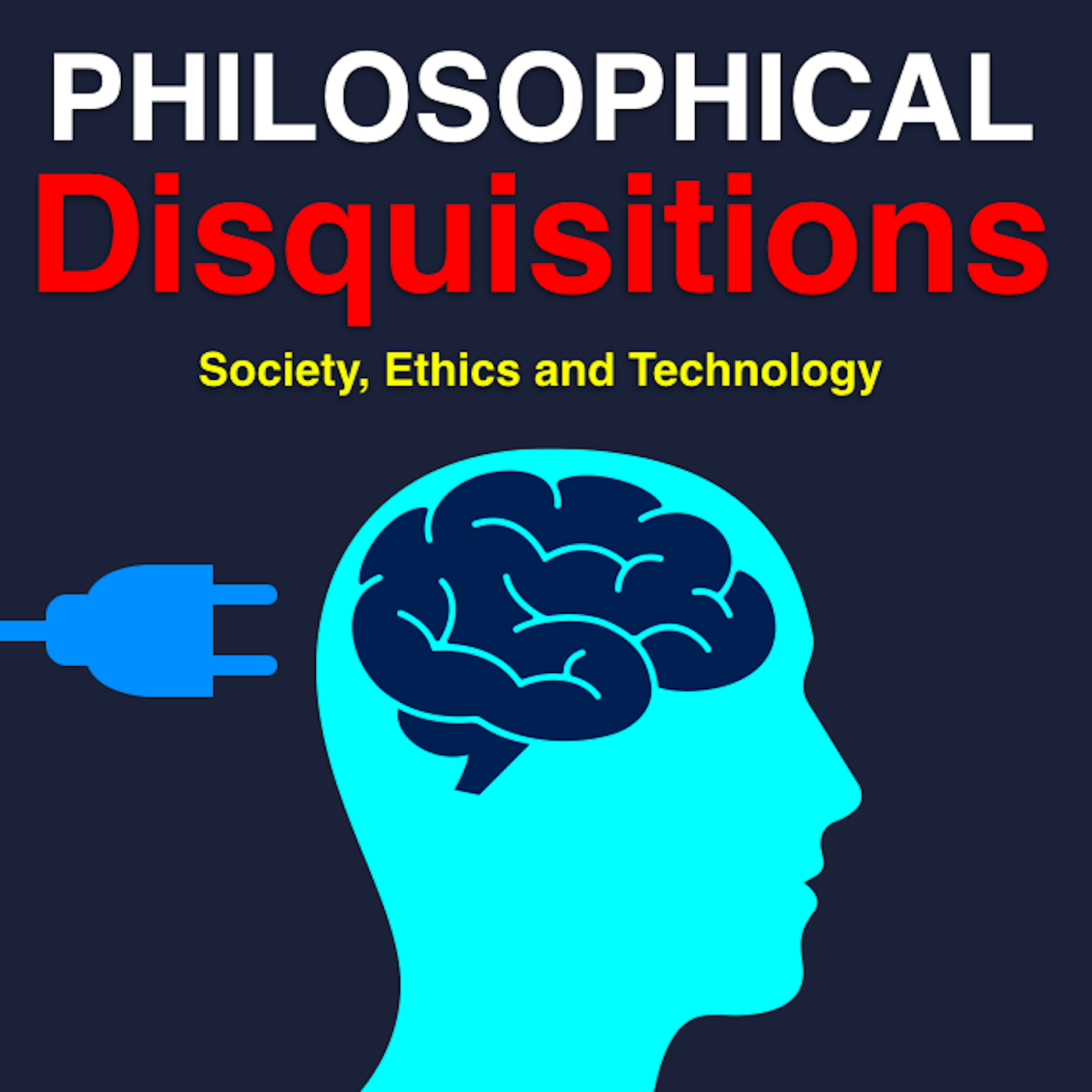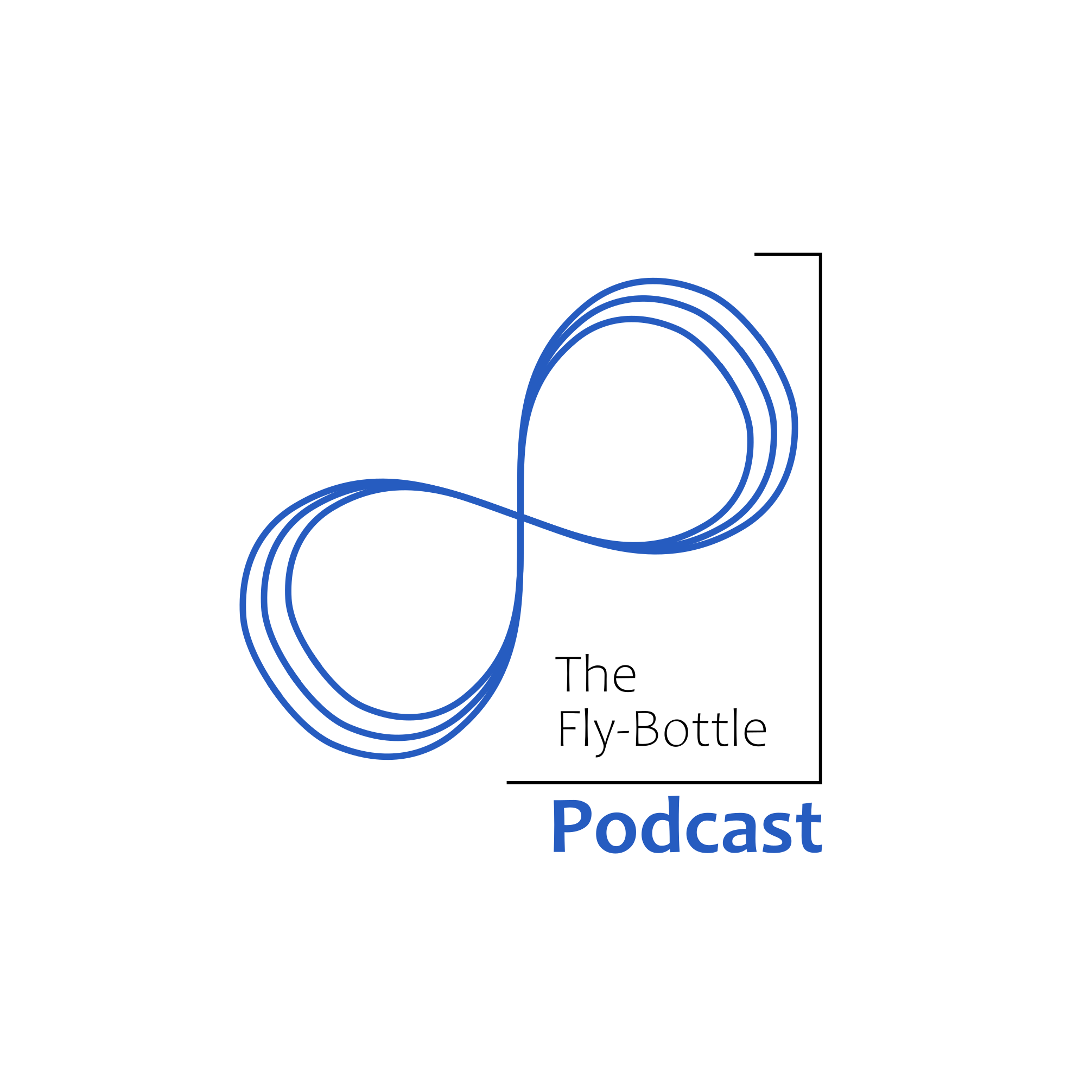Shows
 Özgün eserlerin Yapay Zeka destekli sesli incelemeleri / Ai-assisted voice analyses of original work🤖 Yapay Zekanın Varoluşsal RiskleriSöyleşi, yapay genel zeka (AGI) ve süper zekanın insanlığın varlığına yönelik potansiyel risklerini ele almaktadır. Bu riskler arasında, yapay zekanın insan zekasını aşmasıyla kontrol edilemez hale gelmesi, kötü niyetli aktörler tarafından siber saldırılar, sosyal manipülasyon veya gelişmiş patojenler oluşturmak için kullanılması ve bir yapay zeka silahlanma yarışı gibi faktörler bulunmaktadır. Makale ayrıca yapay zeka kontrolü ve hizalama sorunları gibi temel endişeleri ve süper zekanın insan değerleriyle nasıl uyumlu hale getirilebileceği konusundaki zorlukları tartışma...2025-06-1510 min
Özgün eserlerin Yapay Zeka destekli sesli incelemeleri / Ai-assisted voice analyses of original work🤖 Yapay Zekanın Varoluşsal RiskleriSöyleşi, yapay genel zeka (AGI) ve süper zekanın insanlığın varlığına yönelik potansiyel risklerini ele almaktadır. Bu riskler arasında, yapay zekanın insan zekasını aşmasıyla kontrol edilemez hale gelmesi, kötü niyetli aktörler tarafından siber saldırılar, sosyal manipülasyon veya gelişmiş patojenler oluşturmak için kullanılması ve bir yapay zeka silahlanma yarışı gibi faktörler bulunmaktadır. Makale ayrıca yapay zeka kontrolü ve hizalama sorunları gibi temel endişeleri ve süper zekanın insan değerleriyle nasıl uyumlu hale getirilebileceği konusundaki zorlukları tartışma...2025-06-1510 min Ai WorldAtoosa Kasirzadeh : Navigating the Future: The Social, Implications of AIAbout: Guest: Atoosa Kasirzadeh Faculty Research at Google Research working on AI Governance, Ethics and Safety | Philosophy and AI. Podcast guest host: Sydney Armani: CEO AI World Ventures Read the related article on AI World Lounge The Emergence of AI Agents: A New Frontier in Artificial Intelligence2024-08-2519 min
Ai WorldAtoosa Kasirzadeh : Navigating the Future: The Social, Implications of AIAbout: Guest: Atoosa Kasirzadeh Faculty Research at Google Research working on AI Governance, Ethics and Safety | Philosophy and AI. Podcast guest host: Sydney Armani: CEO AI World Ventures Read the related article on AI World Lounge The Emergence of AI Agents: A New Frontier in Artificial Intelligence2024-08-2519 min Philosophical DisquisitionsTITE 3 - Value Alignment and the Control Problem
In this episode, John and Sven discuss risk and technology ethics. They focus, in particular, on the perennially popular and widely discussed problems of value alignment (how to get technology to align with our values) and control (making sure technology doesn't do something terrible). They start the conversation with the famous case study of Stanislov Petrov and the prevention of nuclear war.
You can listen below or download the episode here. You can also subscribe to the podcast on Apple, Spotify, Google, Amazon and a range of other podcasting services.
2023-10-1000 min
Philosophical DisquisitionsTITE 3 - Value Alignment and the Control Problem
In this episode, John and Sven discuss risk and technology ethics. They focus, in particular, on the perennially popular and widely discussed problems of value alignment (how to get technology to align with our values) and control (making sure technology doesn't do something terrible). They start the conversation with the famous case study of Stanislov Petrov and the prevention of nuclear war.
You can listen below or download the episode here. You can also subscribe to the podcast on Apple, Spotify, Google, Amazon and a range of other podcasting services.
2023-10-1000 min This Is Technology Ethics3 – Value Alignment and the Control Problem
In this episode, John and Sven discuss risk and technology ethics. They focus, in particular, on the perennially popular and widely discussed problems of value alignment (how to get technology to align with our values) and control (making sure technology doesn’t do something terrible). They start the conversation with the famous case study of Stanislov Petrov and the prevention of nuclear war.
You can listen below or download the episode here. You can also subscribe to the podcast on Apple, Spotify, Google, Amazon and a range of other podcasting services.
Recommendations for fu...2023-09-2900 min
This Is Technology Ethics3 – Value Alignment and the Control Problem
In this episode, John and Sven discuss risk and technology ethics. They focus, in particular, on the perennially popular and widely discussed problems of value alignment (how to get technology to align with our values) and control (making sure technology doesn’t do something terrible). They start the conversation with the famous case study of Stanislov Petrov and the prevention of nuclear war.
You can listen below or download the episode here. You can also subscribe to the podcast on Apple, Spotify, Google, Amazon and a range of other podcasting services.
Recommendations for fu...2023-09-2900 min Philosophical Disquisitions109 - How Can We Align Language Models like GPT with Human Values?In this episode of the podcast I chat to Atoosa Kasirzadeh. Atoosa is an Assistant Professor/Chancellor's fellow at the University of Edinburgh. She is also the Director of Research at the Centre for Technomoral Futures at Edinburgh. We chat about the alignment problem in AI development, roughly: how do we ensure that AI acts in a way that is consistent with human values. We focus, in particular, on the alignment problem for language models such as ChatGPT, Bard and Claude, and how some old ideas from the philosophy of language could help us to...2023-05-3000 min
Philosophical Disquisitions109 - How Can We Align Language Models like GPT with Human Values?In this episode of the podcast I chat to Atoosa Kasirzadeh. Atoosa is an Assistant Professor/Chancellor's fellow at the University of Edinburgh. She is also the Director of Research at the Centre for Technomoral Futures at Edinburgh. We chat about the alignment problem in AI development, roughly: how do we ensure that AI acts in a way that is consistent with human values. We focus, in particular, on the alignment problem for language models such as ChatGPT, Bard and Claude, and how some old ideas from the philosophy of language could help us to...2023-05-3000 min RoundtableItaly bans ChatGPT: Will others follow?OpenAI’s ChatGPT promises so much. It can already write essays, plan businesses and even code entire websites in a fraction of the time a human can. But it’s making governments nervous, as they look for ways to regulate the spread of Artificial Intelligence.
Italy banned the chatbot, saying a data breach had put users' conversations and payment details at risk. ChatGPT is already inaccessible in a number of countries, including China, Iran, North Korea, and Russia. Now the likes of Ireland and Germany are investigating the company. But are these bans really just about users’ privacy?
Guests:
Inma Martin...2023-04-1326 min
RoundtableItaly bans ChatGPT: Will others follow?OpenAI’s ChatGPT promises so much. It can already write essays, plan businesses and even code entire websites in a fraction of the time a human can. But it’s making governments nervous, as they look for ways to regulate the spread of Artificial Intelligence.
Italy banned the chatbot, saying a data breach had put users' conversations and payment details at risk. ChatGPT is already inaccessible in a number of countries, including China, Iran, North Korea, and Russia. Now the likes of Ireland and Germany are investigating the company. But are these bans really just about users’ privacy?
Guests:
Inma Martin...2023-04-1326 min The Fly-Bottle PodcastEpisode 6 - Mathematical Explanation and Mathematical Truthقسمت ۶: حقایق ریاضیاتی و مسئلهٔ تبیین
در این قسمت سروش معروضی به سراغ آتوسا کثیرزاده رفته و با او دربارهٔ نقش ریاضیات در علوم تجربی گفتگو میکند. آتوسا استدلال میکند که ریاضیات به ما کمک میکند تا بفهمیم چرا و چگونه دو توصیف مختلف از یک پدیده تجربی با یکدیگر مرتبط هستند (یکی از نقشهای توضیحی ریاضیات که تا پیش از این فلاسفه به آن توجه نکردهاند). در ادامه، آتوسا دربارهٔ موقعیتهای جالبی صحبت میکند که برای تبیین جهان، بیش از یک مدل ریاضیاتی برای بررسی یک پدیدهٔ واحد داریم. سروش و آتوسا در آخر درباره پرسش ماهیت هستی شناختی مفاهیم ریاضیاتی گفتگو میکنند.
آتوسا کثیرزاده: استادیار گروه فلسفه و مؤسسه آینده در دانشگاه ادینبورگ است. او دکترای خود را در تاریخ و فلسفه علم از دانشگاه تورنتو در سال 2021 دریافت کرد. و روی موضوعاتی در زمینه فلسفه و اخلاق داده ها و هوش مصنوعی، فلسفه علم و تلاقی آنها با فلسفه سیاسی و اجتماعی کار کرده است.
برای اطلاعات بیشتری می توانید به وب سایت شخصی آتوسا مراجعه کنید.
https://kasirzadeh.org/
سروش معروضی: دانشجوی دکتری تاریخ و فلسفهی علم در دانشگاه تورنتو است.
لینک به مقالهی مورد بحث آتوسا:
“A New Role for Mathematics in Empirical Sciences” (2021): https://doi.org/10.1086/713906
—-------------------------------------------------------------------------------------------------
موسیقی: رضا ندری
نویسنده مقدمه: عطا حشمتی
تهیه کننده و راوی: شهریار اصغردوست
Episode 6 - Mathematical Explanations and Mathematical Truth
Soroush Marouzi chats with Atoosa Kasirzadeh about the roles of mathematics in empirical sciences. Atoosa argues that mathematics helps us to understand why and how two different descriptions of an empirical phenomenon relate to each other - an explanatory role of mathematics that has not been appreciated by philosophers. Atoosa then tells us about the epistemic concerns that arise when we have more than one scientific model for treating the same phenomenon. She also shares her thoughts on the ontological status of mathematical truth.
Atoosa Kasirzadeh is an assistant professor in the philosophy department and the Futures Institute at the University of Edinburgh. She received her PhD in the history and philosophy of science from the University of Toronto in 2021. She has worked on topics in the philosophy and ethics of data and AI, philosophy of science, and their intersection with political and social philosophy. You can learn more about Atoosa’s works at her personal website: https://kasirzadeh.org/
Soroush Marouzi is a doctoral candidate in the history and philosophy of science at the University2023-02-211h 21
The Fly-Bottle PodcastEpisode 6 - Mathematical Explanation and Mathematical Truthقسمت ۶: حقایق ریاضیاتی و مسئلهٔ تبیین
در این قسمت سروش معروضی به سراغ آتوسا کثیرزاده رفته و با او دربارهٔ نقش ریاضیات در علوم تجربی گفتگو میکند. آتوسا استدلال میکند که ریاضیات به ما کمک میکند تا بفهمیم چرا و چگونه دو توصیف مختلف از یک پدیده تجربی با یکدیگر مرتبط هستند (یکی از نقشهای توضیحی ریاضیات که تا پیش از این فلاسفه به آن توجه نکردهاند). در ادامه، آتوسا دربارهٔ موقعیتهای جالبی صحبت میکند که برای تبیین جهان، بیش از یک مدل ریاضیاتی برای بررسی یک پدیدهٔ واحد داریم. سروش و آتوسا در آخر درباره پرسش ماهیت هستی شناختی مفاهیم ریاضیاتی گفتگو میکنند.
آتوسا کثیرزاده: استادیار گروه فلسفه و مؤسسه آینده در دانشگاه ادینبورگ است. او دکترای خود را در تاریخ و فلسفه علم از دانشگاه تورنتو در سال 2021 دریافت کرد. و روی موضوعاتی در زمینه فلسفه و اخلاق داده ها و هوش مصنوعی، فلسفه علم و تلاقی آنها با فلسفه سیاسی و اجتماعی کار کرده است.
برای اطلاعات بیشتری می توانید به وب سایت شخصی آتوسا مراجعه کنید.
https://kasirzadeh.org/
سروش معروضی: دانشجوی دکتری تاریخ و فلسفهی علم در دانشگاه تورنتو است.
لینک به مقالهی مورد بحث آتوسا:
“A New Role for Mathematics in Empirical Sciences” (2021): https://doi.org/10.1086/713906
—-------------------------------------------------------------------------------------------------
موسیقی: رضا ندری
نویسنده مقدمه: عطا حشمتی
تهیه کننده و راوی: شهریار اصغردوست
Episode 6 - Mathematical Explanations and Mathematical Truth
Soroush Marouzi chats with Atoosa Kasirzadeh about the roles of mathematics in empirical sciences. Atoosa argues that mathematics helps us to understand why and how two different descriptions of an empirical phenomenon relate to each other - an explanatory role of mathematics that has not been appreciated by philosophers. Atoosa then tells us about the epistemic concerns that arise when we have more than one scientific model for treating the same phenomenon. She also shares her thoughts on the ontological status of mathematical truth.
Atoosa Kasirzadeh is an assistant professor in the philosophy department and the Futures Institute at the University of Edinburgh. She received her PhD in the history and philosophy of science from the University of Toronto in 2021. She has worked on topics in the philosophy and ethics of data and AI, philosophy of science, and their intersection with political and social philosophy. You can learn more about Atoosa’s works at her personal website: https://kasirzadeh.org/
Soroush Marouzi is a doctoral candidate in the history and philosophy of science at the University2023-02-211h 21